Otolaryngologist, head and neck surgeon Francis T. Hall discusses the evaluation of thyroid nodules, which primarily aims to determine the likelihood of malignancy. He then reviews the treatment of thyroid nodules and thyroid cancer, including recent advances in management
Dreams, doubts and discrimination: A look back at 50 years of partial progress for women doctors
Dreams, doubts and discrimination: A look back at 50 years of partial progress for women doctors
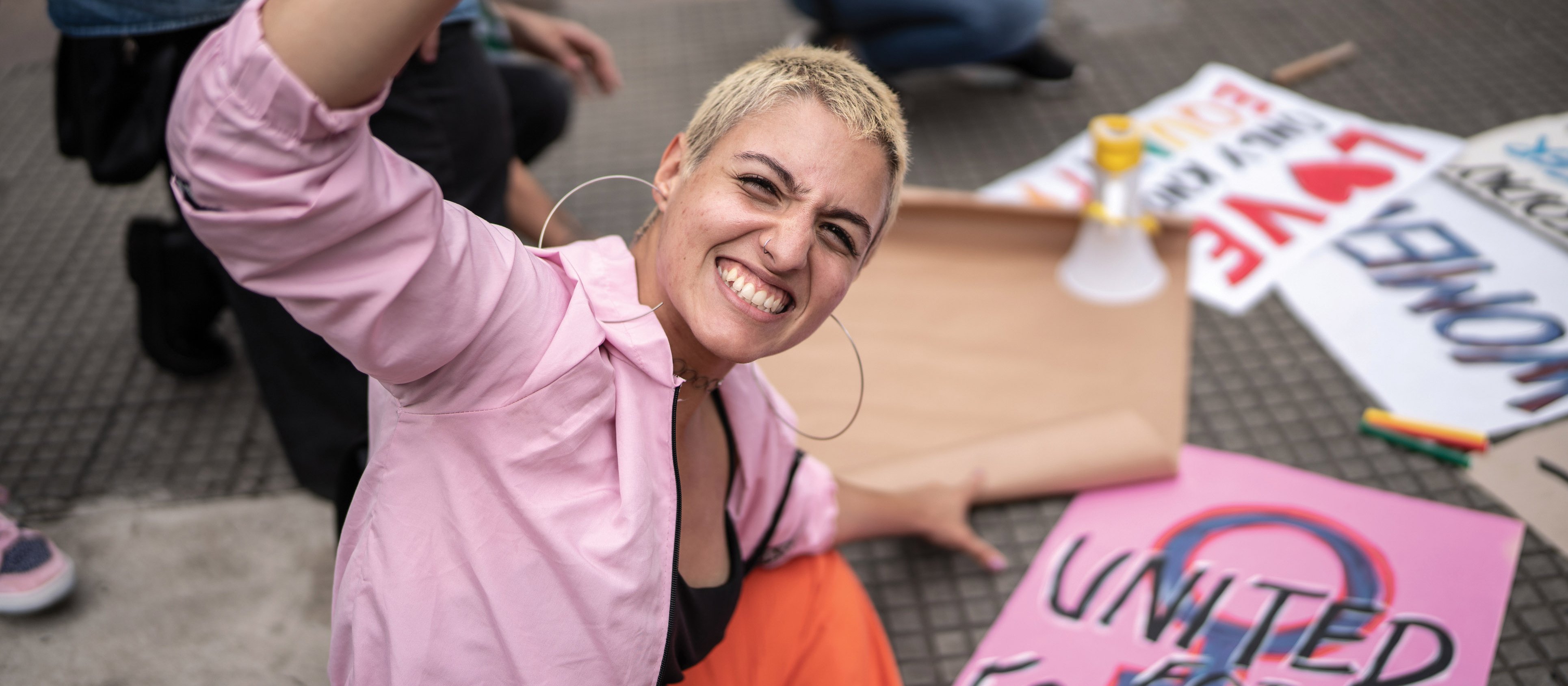
Why, in 2023, do we need the group New Zealand Women in Medicine? Lucy O’Hagan has some answers
I recall one of my teenagers telling me with great excitement, “Guess what we’re studying in history, Mum? Feminism!” I must have protested because it was followed up by, “But you’re just a second-wave feminist, Mum.”
I was suddenly back in that history remembering my own mother in 1973, in her pink kaftan reading The Female Eunuch and writing essays about housework.
A decade later, in 1983, I entered medical school; the class was over 50 per cent female for the first time ever. More magazine published an article about us, fronted by a female model in lipstick, and the title was “Would you trust this woman with your life?” Unbelievably, in 1983 that seemed a reasonable question.
Books followed, on how the profession could manage its feminisation: Could a surgeon train part time? What if their kids were sick? Could a doctor working fewer than 80 hours a week be any good?
We had literally no female teachers, but we created our own medical students’ “womyn’s” group. We walked out of lectures where photos of bare-breasted women were shown as titillation, we read Our Bodies, Ourselves, we protested use of the pronoun “he” for doctor.
As students, we sometimes heard about the female doctors ahead of us, and in fourth year we were visited by the local branch of the New Zealand Medical Women’s Association. Here were Margaret Metherall and other amazing GPs we had heard about: Ali Begg, Janne Bills, Sue Bagshaw and Margaret Sparrow, to name a few.
In the mid-1990s, as a young GP, I went with a couple of mates to the International Medical Women’s conference in Sydney. We were surrounded by older female doctors who had done it hard, paved the way and fought for equality. They were incredible. Inspirational. But I also remember a young female medical student saying she didn’t really think sexism in med school was a problem any more, and she didn’t feel her career would be disadvantaged in any way. Really?
She may have been right, because apparently, the New Zealand Medical Women’s Association was disbanded in 2003 due to dwindling membership.
It’s unusual to be at a conference that feels like its entire purpose is to be collaborative, kind and inspirational
Roll on 2018 and the Association of Salaried Medical Specialists started the New Zealand Women in Medicine (NZWIM) Facebook page, which now has over 6000 members.
Incredibly well moderated, this group does everything from kind and collegial career advice to beautiful mental health support and, yes, sharing recipes and parenting tips. We’re women, we do that! It was followed in 2021 with the creation of the NZWIM Charitable Trust.
The inaugural NZWIM conference in May 2022 was attended by more than 300 female doctors and medical students. I spent only a day there but came away enthused and in awe of the wāhine toa who presented. It’s unusual to be at a conference that feels like its entire purpose is to be collaborative, kind and inspirational.
Because female candidates for specialist training posts are still being asked who will look after their kids if they have to work late. (Really? Do doctors still need a 1950s’-style wife as part of their job description?)
Because women doctors are paid less than their male colleagues.
Because female medical students are still being told they won’t cope with being surgeons.
Because our male colleagues still think it is okay to imply the feminisation of medicine has created the workforce problem.
Because female doctors are still being sexually harassed by their colleagues.
Because peer support and networking across specialist silos are really important.
Because 50 years after Our Bodies, Ourselves, women’s health still gets forgotten.
Because medicine is really hard, and we all need safe places to be vulnerable, be uplifted and share wisdom.
Because history has required a third, fourth and fifth wave.
At a recent NZWIM networking event, Wellington mayor Tory Whanau spoke about being a leader, and a woman. Again inspirational, supportive and fun. And the second conference will run from 15 to 18 May 2024, with the theme “Ko te tumanako me haere tahi tatou – Hope moves us forward together”.
Orna McGinn and Justine Lancaster, who lead the NZWIM team, have done hours of incredible mahi, including a workforce crisis survey, a submission to the women’s health strategy and meetings with health ministers and Te Whatu Ora. No, they are not paid, but membership subs pay an administrator.
And guess what? I would definitely trust you women with my life, and my soul and my story.
Lucy O’Hagan is a medical educator and specialist GP working in the Wellington region

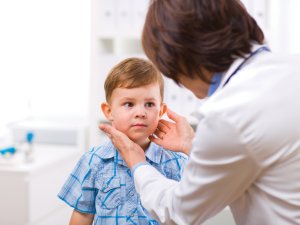

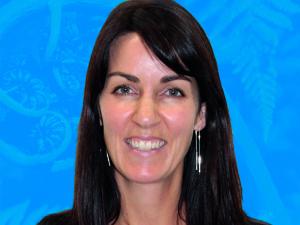
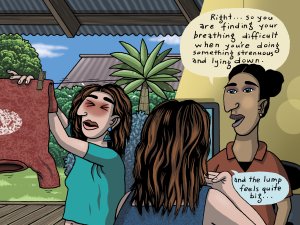

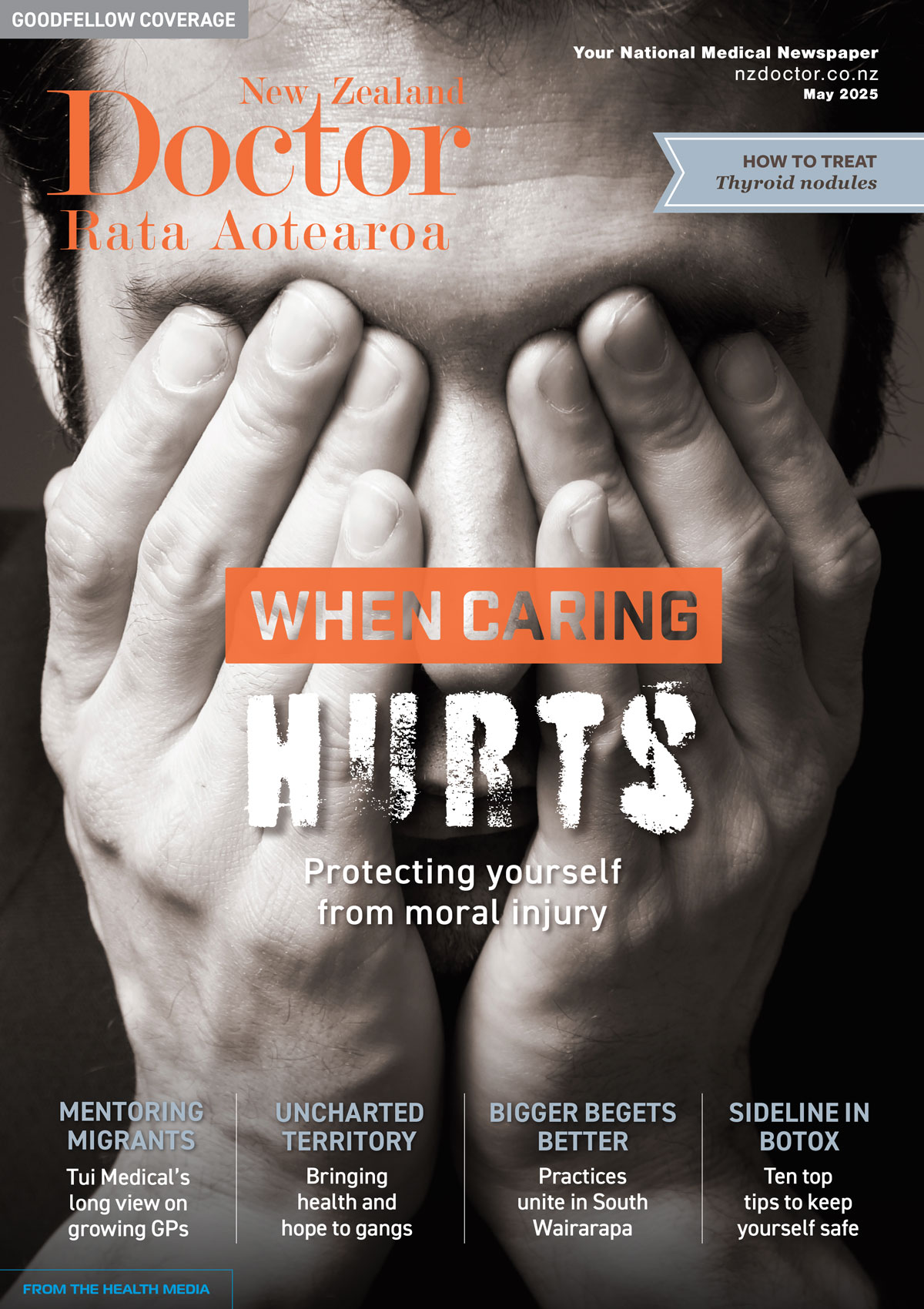
![New Zealand Doctor Rata Aotearoa editor Barbara Fountain, RNZCGP president elect and Tauranga-based specialist GP Luke Bradford, Ministry of Health clinical chief advisor rural health Helen MacGregor, and Health New Zealand Te Whatu Ora clinical director primary and community care Sarah Clarke [Image: NZD]](/sites/default/files/styles/thumbnail_cropped_100/public/2025-05/1.%20Barbara%20Fountain%2C%20Luke%20Bradford%2C%20Helen%20MacGregor%20and%20Sarah%20Clarke.jpg?itok=091NETXI)
![Ngāti Porou Oranga specialist GP Elina Pekansaari and Te Nikau Hospital specialist in general practice and rural hospital medicine David Short [Image: NZD]](/sites/default/files/styles/thumbnail_cropped_100/public/2025-05/2.%20Elina%20Pekansaari%20and%20David%20Short.jpg?itok=h5XfSBVM)
![Locum specialist GP Margriet Dijkstra and OmniHealth regional operations manager (southern) Patricia Morais-Ross [Image: NZD]](/sites/default/files/styles/thumbnail_cropped_100/public/2025-05/3.%20Margriet%20Dijkstra%20and%20Patricia%20Morais-Ross.jpg?itok=jkrtRfJC)
![Golden Bay dairy farmer and dairy industry health and safety doctoral student Deborah Rhodes, and Golden Bay Community Health specialist GP Rachael Cowie [Image: NZD]](/sites/default/files/styles/thumbnail_cropped_100/public/2025-05/4.%20Deborah%20Rhodes%20and%20Rachael%20Cowie.jpg?itok=oM0_GcJc)
![Hauora Taiwhenua clinical director rural health Jeremy Webber, Australian College of Rural and Remote Medicine president Rod Martin and Observa Care director of business operations Deborah Martin, the wife of Dr Martin [Image: NZD]](/sites/default/files/styles/thumbnail_cropped_100/public/2025-05/5.%20Jeremy%20Webber%2C%20Rod%20Martin%20and%20Deborah%20Martin%2C%20the%20wife%20of%20Dr%20Martin.jpg?itok=P_aGmX_H)
![Spark Health chief executive John Macaskill-Smith and client director Bryan Bunz [Image: NZD]](/sites/default/files/styles/thumbnail_cropped_100/public/2025-05/6.%20John%20Macaskill-Smith%20and%20Bryan%20Bunz.jpg?itok=5yJvVZ0I)
![Associate dean (rural) Kyle Eggleton, third-year medical student Roselle Winter, and second-year pharmacy student Alina Khanal, all from the University of Auckland [Image: NZD]](/sites/default/files/styles/thumbnail_cropped_100/public/2025-05/7.%20Kyle%20Eggleton%2C%20Roselle%20Winter%20and%20Alina%20Khanal.jpg?itok=RQLd3TEs)
![Health New Zealand Te Whatu Ora clinical editor and specialist in general practice and rural hospital medicine Anu Shinnamon, and Whakarongorau chief clinical officer Ruth Large [Image: NZD]](/sites/default/files/styles/thumbnail_cropped_100/public/2025-05/8.%20Anu%20Shinnamon%20and%20Ruth%20Large.jpg?itok=i5TMswY9)
![Te Kahu Hauora Practice specialist GP Jane Laver and Ngāti Kahungunu ki Tāmaki-nui-a-Rua chief operations manager Tania Chamberlain [Image: NZD]](/sites/default/files/styles/thumbnail_cropped_100/public/2025-05/9.%20Jane%20Laver%20and%20Tania%20Chamberlain.jpg?itok=jtMklaCZ)